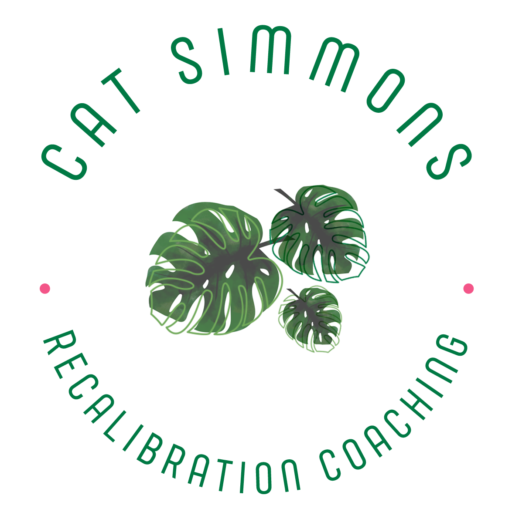Ah, sleep.
I do sometimes miss the warm nights of living overseas. But then I remember the feeling of a mosquito buzzing on my face, the attempts to readjust the world’s worst mossie net, the scratch of polyester sheets. No actual bed frame, just a foam mattress on the floor, slowly turning into a donut shape under the weight of my body. The call to prayer. The dogs. The sunrise through the thin cotton curtains. I have mainly lived in fairly basic accommodation during my overseas adventures – no air con or 400 thread count cotton sheets here sadly.
Despite those tribulations (which always magnify themselves in the dark of night) I would say I always slept reasonably well. Feeling knackered all the time is just part of the job isn’t it? I am lucky that I have never suffered from insomnia, which seems to be the worst punishment your body can give you. Studies show that an estimated 30-50% of people have chronic insomnia, with prevalence higher in pregnant women and older people. Some people have trouble falling asleep and others trouble staying asleep. Poor sleep impacts wider health and vice versa, and chronic issues can lead to increased stress and depression, lack of motivation and poor mood.
I thought I had a reasonably good relationship with sleep until 2016. I have severe obstructive sleep apnea syndrome which was discovered during a simple home sleep study. I had had progressively bad daytime sleepiness and once fell asleep upright at my desk at work – that’s when I knew I needed some investigation! To be fair, I just thought it was the symptom of project managing multiple complex programmes in two languages and with hefty donor compliance requirements. Plus all those budgets.
The study showed that I stopped breathing 81 times….AN HOUR. The longest I stopped breathing was 57 seconds before my brain forced me to wake up enough to tell the lungs to get on with it. Basically I was getting about 15 minutes of sleep a night and was surviving on pumped up levels of cortisol and adrenalin. Ouch. Luckily there is an easy fix for my flabby airway – my positive airway pressure machine which blasts pressurised air to keep me breathing. Myrtle, my machine, has gone round the world with me, used on planes, trains and camping. It is literally a life saver. So, I take sleep quality seriously and believe we should all be able to get the best sleep possible.
I hate people that have wonderful sleep as they are always so smug about it. And they always spout things like “oh well my bedroom is a sanctuary, no laptops in there ha ha”. Yeah, thanks.
But in the spirit of sharing things that do work, I hope these are helpful, you can add your own mosquito tactics:
1. Keep to a routine. Try and stick to as regular sleeping and waking time as you can. Yes I know it is hard if you are travelling around or working under pressure. But long lie ins at the weekend can really disrupt the sleep for the rest of the week. A few late nights isn’t the end of the world, but if you need to be up and perky the next day make your excuses and head off.
2. Cold and dark and quiet. These are the best conditions for sleep. Coolness in particular has a powerful effect in telling your body it’s time to sleep – the drop in core temp has an effect on hormones that are key to sleepiness. Use an eye mask, ear plugs, blackout curtains, fan, open a window, whatever you need to get the optimal environment even if you aren’t at home. And yes, I know that this is very much useless advice if you are sleeping in Dar es Salaam with no air con. I feel your pain.
3. Alcohol isn’t your friend. It may appear that booze makes you fall asleep more easily but sadly you pay for it later in the night when your sleep cycles get disrupted resulting in poorer quality sleep.
4. If you can’t sleep, at least rest. Instead of tossing and turning or using the phone in bed if you can’t sleep, it seems that the best advice is to either get up and do something else (apparently cleaning is popular) or to just rest in bed without stimulation. This is a good time to try the range of sleep focussed apps – Insight Timer and Headspace have sleep/insomnia tracks that I find work very well. Most of these have the function to download tracks which is helpful if you cannot rely on internet connection.
5. Get it out of your head. If you have a busy brain, keep a notepad next to the bed and write down what’s on your mind before you sleep (and if you wake up churning in the night). Do not use your phone – the temptation to check email or use the internet is too strong and only reinforces to the brain that yes, you should be awake.
6. Light is your saviour! The body responds very well to changes in light as a signaller for bed time. Blue light stimulates and red light calms. So turn off devices well before bed or at least change the screen colour. I use a Lumie light that is red based and gradually darkens to replicate sunset – works every time. I also use it as an alarm where it gradually brightens to a blue light in the morning to replicate sunrise – the best way to work up, especially in the UK winter. I use a SAD light to boost alertness in the morning too. Some find that orange lens glasses used in the evening work very well in aiding sleep.
What is your number one sleep tip?




